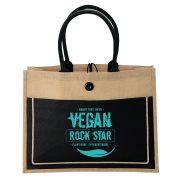What do you get when you mix farming, biking, and harvesting all together? The answer is a unique combination that benefits a lot of people.
Here’s the scoop: several years ago, Chris Castro, a 27-year old from Orlando, Florida, evaluated his hometown and realized that most of the suburban yards around him were overusing water. Many could even be classified as unproductive and wasteful. He decided that there needed to be more sustainability for the community. Life has got to be about more than sprinklers pointed towards the sidewalk and plant life that drinks more than it excites. He met with an urban farmer, John Rife, for advice and the two created a plan.
In 2014, Castro helped start a not-for-profit, bike-powered, urban farming program called Fleet Farming. In the program, homeowners allowed volunteers to access their land to grow organic produce and bring it to nearby markets. The catch? The volunteers used bicycles to travel between the houses and they attached baskets on the bikes for harvesting food. Volunteers spend their time weeding, pruning, collecting; everything a farmer would do, except it’s residential and with smaller plots. As an incentive to participate in the program, homeowners have the choice between getting a share of the harvest or a share of the market profit. They also receive the benefit of having a nice, productive garden without all of the work. No paying the lawn man for this deal. Nope; it’s a “win-win” for everybody.
As stated by Castro, “I just wanted to connect people to fresh, local, organic produce.” The Fleet Farming program has been wildly successful. After signing up more than 200 yards in only 18 months, the team started an affiliate program, Fleet Fruits. With this variation, residents register fruit trees and the bike-riding harvesters tend to the trees. It’s a great tweak to the original program and offers homeowners more options. The designs used with both of the Fleet programs create solutions for neighborhoods that were previously unsustainable. They add resources where previously there were none. Per the Fleet Farming website, they “hope to have at least 8 Fleet Farming branches throughout Central Florida neighborhoods by 2020.”
Since the launch of Fleet Farming in 2014, hundreds of people have begun using the Fleet model to bring life into their communities. The program offers a huge selection of herbs, roots, fruits, and tasty greens. Interest has sparked overwhelmingly and other communities want to know how they, too, could start their own “farmlette”. In response, Fleet distributes a $75 Tool Kit and a complete guide to starting bike-powered urban farming units. The kit includes a business model, legal forms and waivers, administrative details, growing tips, logistical layouts, a one-hour consultation with a Fleet Farming Program Coordinator, and more. All participants who join have the comfort of knowing that profits go to expanding the initiative and supporting resource sustainability.

























